ICT
Bharti Airtel may lose $10m, licence for disregarding contract law, court
Published
9 years agoon
By
Olu Emmanuel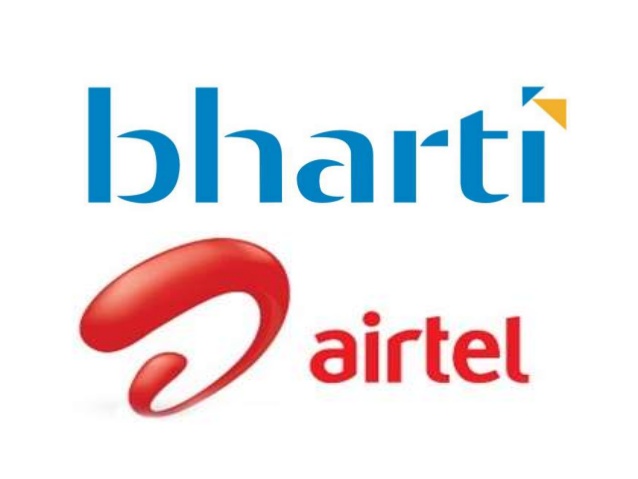
WHILE Nigeria’s telecoms have been regulars in court for all sorts of infractions, a couple of them have proved to be daring. And that culture of disregarding court orders and terms of contract, especially as ingrained in Airtel, is apparently traceable to its parent company Bharti Group.
Bharti International, the Indian telecom giant based in New Delhi, is currently battling with case in the Congo and in the Netherlands. Things are getting complicated as they ignore court orders following its alleged rupturing of a consultancy contract that midwifed a $.5-billion take-over in the Congo and Uganda.
And, only recently, its Nigerian subsidiary also bagged a court order to pay N2 million in damages, after refusing to show up in a Federal High Court, Abuja, over a N200 million privacy breach (unsolicited sms) which Emmanuel Anene filed against it last December.
On the international case, the mediation contract that went sour between a business wheeler-dealer Wissam Fawaz and the Bharti Group in 2009 may cost the telecoms group something yet more significant: $10 million worth of its shares, and its operating licence. A Congo court ordered seizure of the stock for a reason similar to Airtel Nigeria’s: that was Bharti’s refusal to appear in court.
The National Daily also learnt the injunction judge of the courthouse of Amsterdam already granted Fawaz permission for the prejudgment seizure of the shares, parts of Bharti’s holding in Bharti Airtel International (Netherlands) B.V.
According to Fawaz, a Lebanese, he entered into a take-over facilitation deal with the Indian group seven years ago, and his own end of the contract solely involved bringing the seller to meet eyeball to eyeball with the buyer.
The seller, Sheikh Nahajan Mabarak Alhahaya, owns the Abu Dhabi Group, a business empire whose telecom subsidiaries included Warid Telecom Congo and Warid Telecom Uganda up for grabs then.
Fawaz would also “advise and support Bharti with regard to the takeover,” the terms stated further.
In exchange for the services he offered, Fawaz was to receive 2 percent of the takeover price as payment to be paid in two instalments of 25 percent at the beginning, and 75 percent later. All of that within four months of the contract, or eight at the most.
Because he knows the sheikh and many more on his vast network of big business in the Middle East and Africa, Fawaz meant a lot to Bharti’s bid to contact the chairman of the Abu Dhabi Group, and acquire the Warid subsidiaries.
He had earlier sealed a deal of that nature in Bangladesh for Bharti. And the contract, Fawaz’s lawyers said, went awry, too. The company only paid $1.75 million, less than the 2 percent agreed on as consultancy fee.
For the second deal, he eventually contacted Nahayan and informed him of Bharti’s interest in Warid Uganda and Warid Congo, a proposal Nahayan welcomed.
“Fawaz then arranged and supervised meetings between Bharti and the Warid Telecom Group. Amongst other things, Fawaz arranged a visa for S. Mittal, the director of Bharti,” the court document stated.
In an October 13 letter, Mittal emphasized to Nahayan the role their go-between played in facilitating the meet-up, and in sealing the deal.
He explained to the sheikh how Fawaz had impressed it upon the Bharti team the pluses it would gain in giving a serious consideration to acquiring Warid’s telecommunications assets in Uganda and Congo Brazzaville.
“In this regard, we have already conveyed to Mr. Fawaz our serious interest to acquire 100 percent of Warid’s equity stake in both of these companies, in addition to assuming their respective net outstanding debt.”
But, in spite of these confirmations and other evidence, including travel documents Fawaz obtained for Mittal for the meeting with the sheikh, Bharti balled up the contract on payday, when Fawaz’s lawyers demanded their client’s fee.
The breach seemed an orchestrated betrayal of trust. First, Fawaz was never informed the take-over sailed through until four years after when the Lebanese got to know unofficially.
On 24 April 2013, Mittal announced he purchased Warid Uganda. He, however, did not mention a takeover price. Fawaz learnt from “The CEO Magazine” that the takeover price of Warid Uganda was $.5 billion. This price, Fawaz’s defence team said, is even less than the enterprise value of the acquisition.
On August 7, 2014, Fawaz’s lawyer had to remind Bharti, again, to observe its own side of the agreement: the payment of the 2 percent to which Fawaz was entitled.
A response from the telecommunications company was fired back August 22, 2014. There the company’s lawyer denied Fawaz was entitled to anything.
“The acquisition by Bharti Airtel of Warid Telecom Uganda from Warid Group in May 20L3 (hereinafter referred to as “Acquisition”) was a joint effort of both Airtel and Warid Group,” wrote Mikesh Bhavnani.
“Any alleged involvement or alleged ‘instrumentality’ of your alleged client, Mr. Wissam Fawaz, in “putting this
acquisition together” or assisting the senior management of Warid Group, Bharti Airtel and Bharti Group in this respect, is baseless and without any merit.”
Bharti’s counsel further stated his client completely denied and refuted claims Fawaz played a role of a mediator and coordinator among the parties involved in the Acquisition.
“At no point in time was the said Mr. Fawaz, entrusted wìth any responsibility of representing either Bharti Airtel’s or Bharti Group’s interest in the Acquisition.”
Fawaz’s lawyer made efforts to explain to Bharti’s defence lawyer the terms of the contract. According to the court papers, there was no response from Bharti.
He then had to take further legal action by first going to the Court in Congo. He requested for permission to attach the shares in Warid Congo in Congo. And the Court granted it.
His lawyers in the Netherlands, Geelkerken Geelkerken Advocatien, later informed Bharti’s authorised Dutch party of the Congo deal. That was in September 2015. No response either.
So the last option, according to Fawaz, was to institute legal proceedings against Bharti to enforce the agreement.
With a petition dated 2 December 2015, Fawaz requested the Amsterdam court to grant permission to seize shares of Bhartiin Bharti Airtel International in the Netherlands.
Fawaz has since charged Bharti the value of the shares, and the court subpoenaed it to enter its defence January.
But as a matter of corporate culture, Bharti, like its local brand Airtel in Nigeria, didn’t honour the Dutch court invitation until July. It only came to challenge the court jurisdiction, maintaining that England is the appropriate jurisdiction based on the terms of engagement. And Bharti got it.
“On 20 July 2016 the Court of Law Amsterdam declined jurisdiction on this basis,” Devonshires Solicitors, the English lawyers Fawaz brought in, stated in a letter to Bharti in September.
According to them, the court held “there is another way in this case to get an Enforcement Order in the Netherlands, therefore the English Court has jurisdiction based on the choice of law in the engagement letter…”
But the jurisdiction argument may not lighten the burden of contract breach. In the English court, Fawaz is even at advantage. “0ur client is entitled to interest at the English Court rate of 8% per annum from April 2013. That is already $2.8 million plus costs,” said Devoshires. “Further delay in addressing this matter will merely lead to an increase in liability for interest and costs.”
Beyond that, the English lawyers are ready to report Bharti’s alleged corporate malpractices to authorities in the Congo and Uganda, thereby risking revocation of its licence.
On the local scene, Airtel Nigeria, in the invasion of privacy suit Anene got damages for in Abuja, accepted its guilt by not entering its defence, months after the suit was initiated, according to according to Justice Jude Okeke.
“The defendant failed to place any evidence on the other scale of balance there is nothing against in which the plaintiff’s evidence can be weighed,” the judge said.
The N5 million damages the judge awarded may appear a miserable sum Airtel Nigeria can afford to lose for dismissing court orders in Nigeria.
But the $10 million Fawaz seeks to claim, plus the mounting interest, is a fairly big chump of the US$33 billion the entire Bharti Enterprise has in assets.
It’s a choice, though.
You may like


Sacked Plateau LG chairmen fault Court order against Police CP


I-G denies disregard for court order
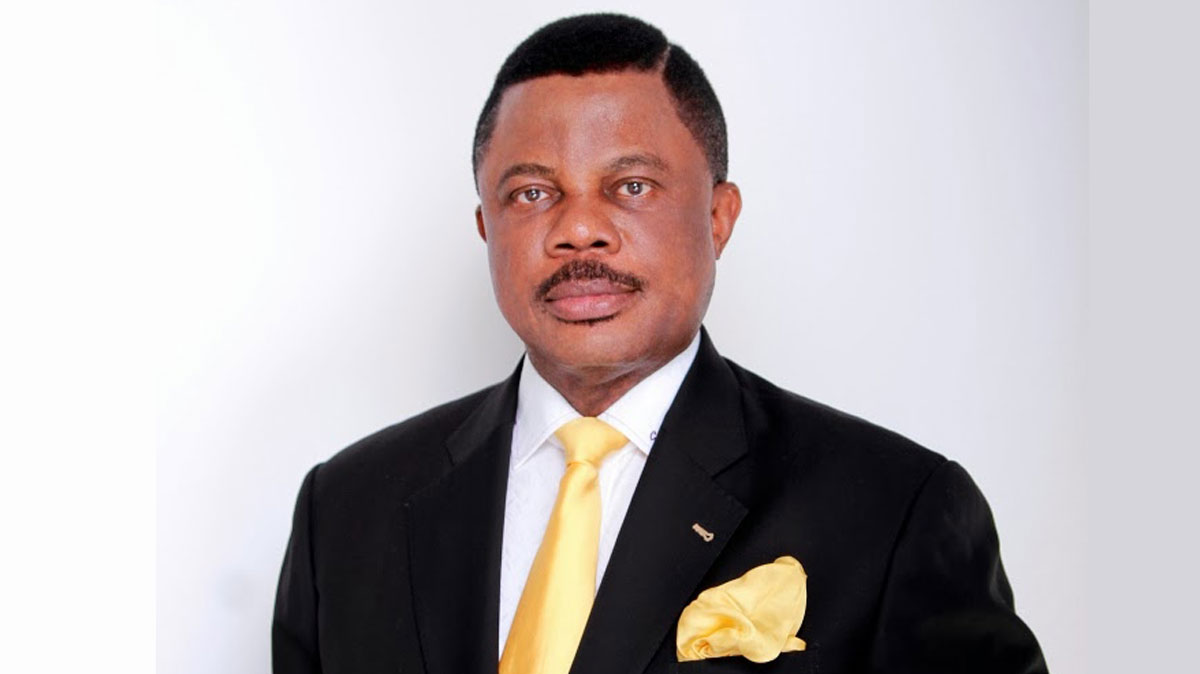

EFCC challenges court order permitting Obiano to travel abroad
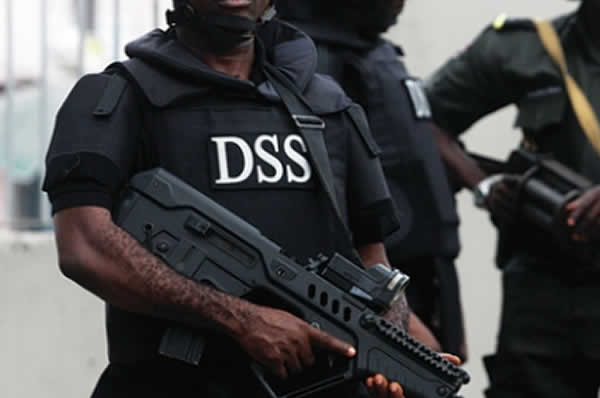

Kanu trial: DSS complies with court order not to block court premises
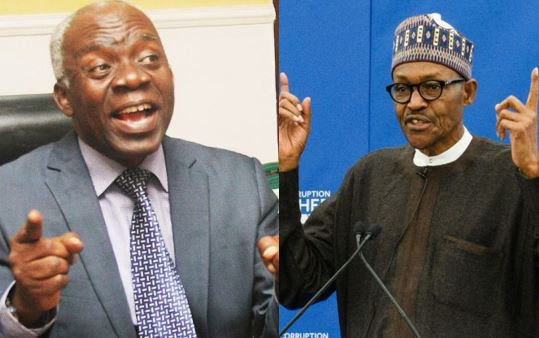

Falana lists 32 court orders Nigerian Govt disobeyed
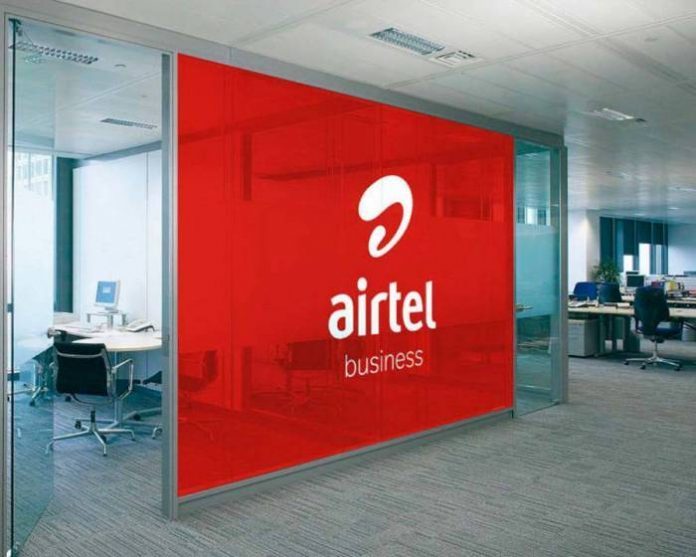

Airtel shuts down 3G network
Trending

 Comments and Issues1 week ago
Comments and Issues1 week agoIfunanya died in the capital city—what hope is there for rural Nigerians?

 Comments and Issues1 week ago
Comments and Issues1 week agoThe politics and optics of electronic transmission of election results
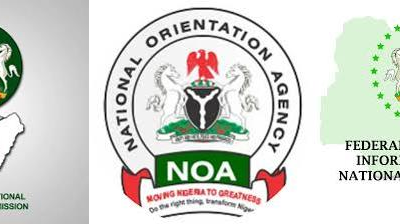
 Comments and Issues1 week ago
Comments and Issues1 week agoCombating Political Apathy in Nigeria, Reigniting the Nation’s Democratic Spirit

 Health6 days ago
Health6 days agoDOJ files expose Gates–Epstein ties in pre-COVID pandemic planning, funding

 Comments and Issues1 week ago
Comments and Issues1 week agoSenate’s coup against Nigeria’s democracy
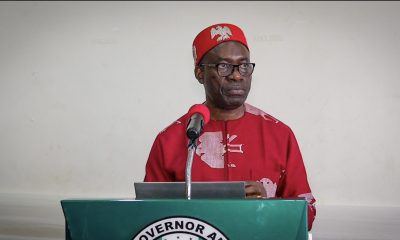
 Education1 week ago
Education1 week agoSit-at-Home: Anambra suspends nine headteachers over pupils’ low attendance

 Football6 days ago
Football6 days agoPremier League defends Leeds goal after Chelsea draw controversy

 Aviation7 days ago
Aviation7 days agoAeroland Travels losses US$333,350.53 to Lufthansa Airlines petitions IGP, Interpol

